By Connie Lee
leeconni@grinnell.edu
Have you been missing Eggs to Order on Mondays lately?
The problem lies in the fact that the dining hall does not have enough workers. There are currently 50 unfilled positions.
Traditionally, the dining hall starts with many workers at the beginning of the semester—so many that there are not enough shifts for the students to work. As the semester winds down and the schoolwork piles up, more and more students ditch their jobs.
“I think right now is about the worst we’ve had in the past. Right now, we are at the lowest peak of employment,” said Lyle Bauman, Marketplace Supervisor at Dining Services.
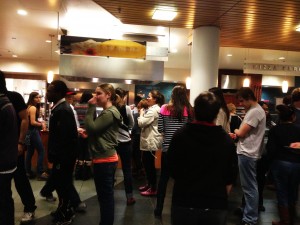
At this point, there are so many unfilled positions that Eggs to Order will no longer be available on Mondays for the rest of the semester. Eggs to Order might not come back on Mondays next semester if the dining hall is unable to recruit more workers. Eggs to Order on Fridays has also been considered for cancellation. “Fridays are really bad also, but it’s been covered. We served last Friday and it will be served again,” said Jeanette Moser, Associate Director of Dining Services.
“I take it very personal to close a venue because from my standpoint that is a direct reflection on me,” Bauman said.
The cause for the dearth of workers is unknown, but changes in the pay system at the College might have had an indirect impact on the dining hall. In previous years, other jobs at the help desk or the mailroom have traditionally paid less than the dining hall. However, now they are on the same tier of pay. The relatively lower pay eliminates one of the incentives to work at the dining hall.
“Why work for [the dining hall] when [for] the same money I can work for the help desk and do my homework?” Bauman said.
“Another thing is that we need to do a better job of marketing the dining hall services positions,” Moser said. “Because we do teach life skills. We teach people how to cook and safe food practices. It teaches people that they do need to work for money.”
The dining hall staff has tried repeatedly to recruit more student workers. However, it has been met with a fair amount of resistance. At the beginning of every school year, the dining hall holds an informational meeting to recruit first years. This year, less than half signed up for shifts. “We now use a lot of high school students to supplement all these positions and we still struggle to get our positions filled,” Moser said.
Signs have been placed at every venue asking for student workers. Bauman has gone up to students during meals asking them to sign up for shifts. He has tabled for workers several times, but not many people have responded. “If every first year student was to take a shift, we’d be in business,” Bauman said.
Another problem the dining hall faces in recruitment is its inflexibility in work schedules. “One of our biggest challenges is class scheduling because Monday, Wednesdays, and Fridays are our toughest days,” Bauman said. “Many of the students have class till noon and back at one. This takes them out of the pool for employment.”
Many students avoid working the breakfast shifts and prefer the lunch or dinner shifts. However, a 1:15 p.m. class means the student is only available to work half of a lunch shift. Athletes who have practice at 4:30 p.m. are unable to work the dinner shift.
The full-time staff has also lost many workers this year. “We have been down [as many as] eight full-time staff all at once. Not just once, but days,” Moser said.
Coupled with the lack of student help, the full-time staff has been heavily burdened.
“We’ve got a few [full time staff] that have just started. One started yesterday, so we are starting to get that staff built up again,” Moser said.
This will relieve some of the strain on the staff, but not enough to reopen Eggs to Order on Mondays.




























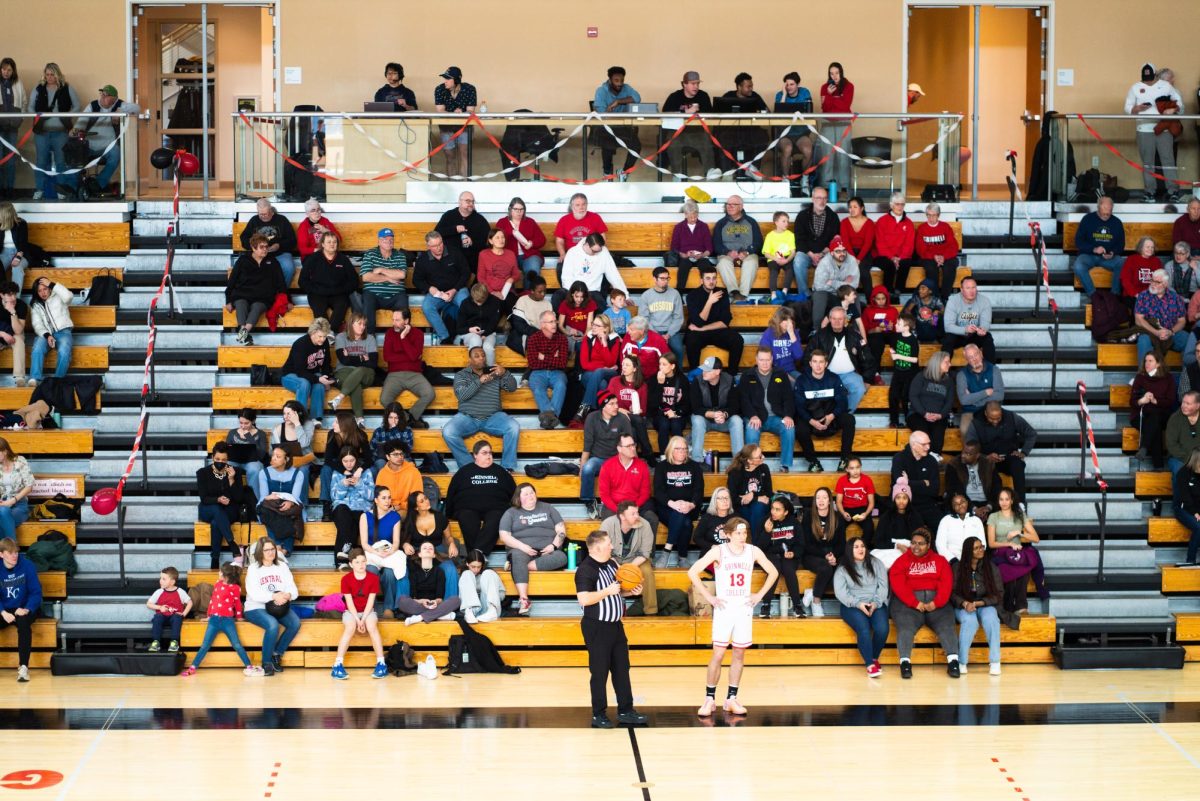


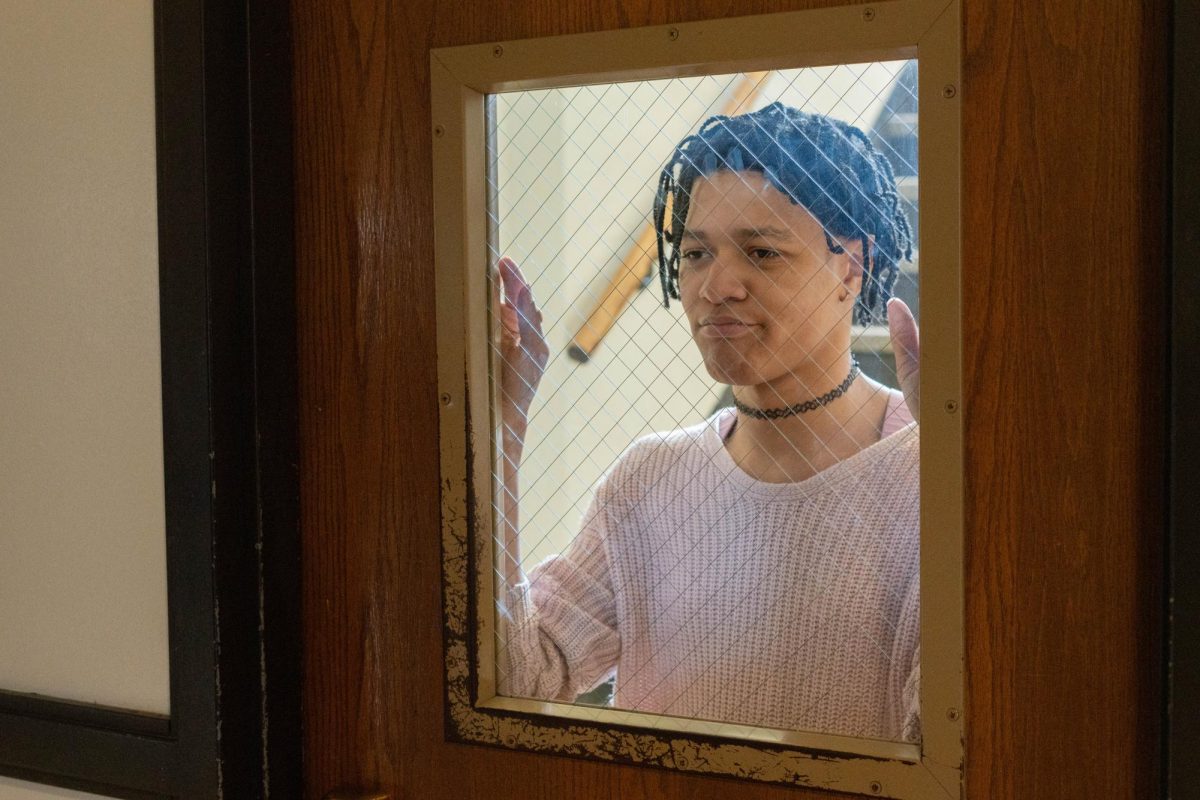

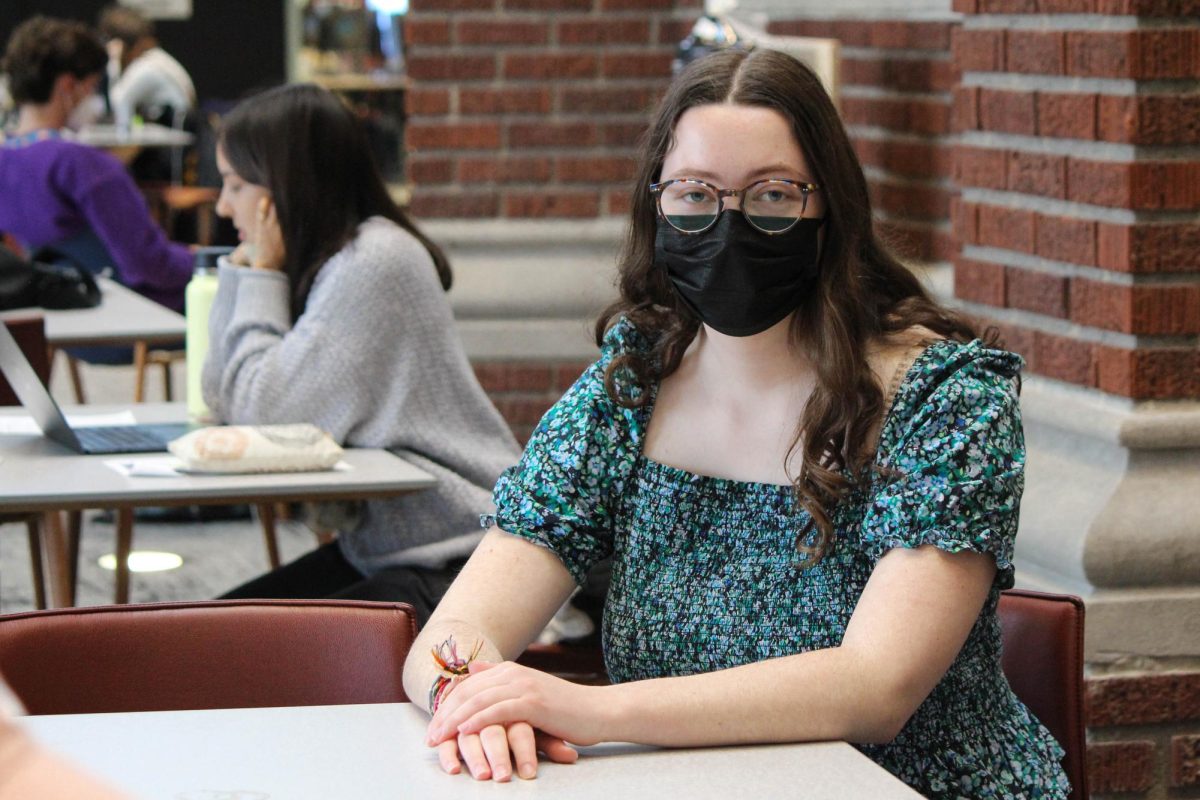



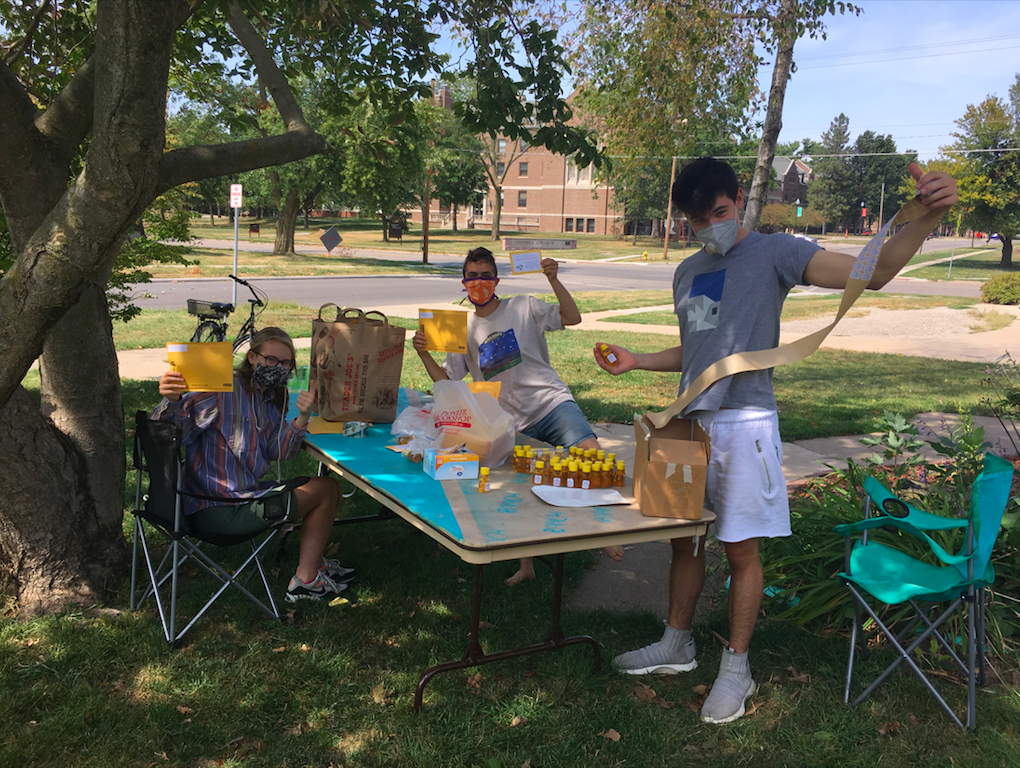






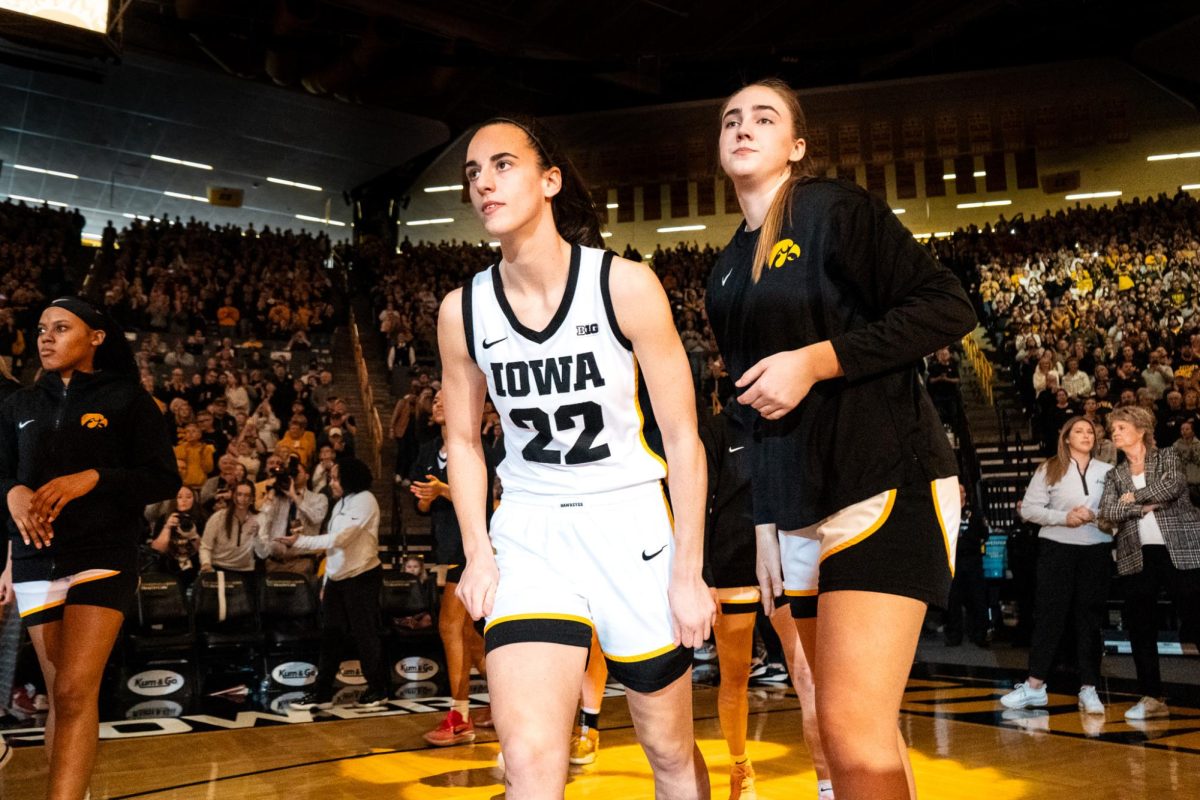








Nancy Hernandez • Jan 28, 2013 at 3:53 pm
I would just like to clarify some facts for Mr. Bauman and everyone that has read this article. As a student that has worked in the helpdesk for the past 3 years and continues to work there – there has never EVER been an incident where students work on homework while at the helpdesk. The helpdesk is one of the most difficult and rewarding jobs on campus. You have to go through a semester of training/mentorship before working there. Not only that BUT you have to PASS a certification exam where it is determined if you have the skills necessary to work there. As a student superviser or Technical Consultant Coordinator it pains me to see how people are misinformed about how the helpdesk works. I am sure that any student that has walked into the helpdesk has been helped with the utmost care and is more than grateful to have their computers working again.
Another fact – Technical consultants and dinning hall student workers have ALWAYS (for at least the past 3 years) had the same pay. So it is incorrect to think that all of a sudden a bunch of students decided to work in the helpdesk. Also like I mentioned before students willing to work at the helpdesk have to go through a tedious application process and a full semester of training – which does not ultimately ensure their acceptance to work in the helpdesk. It isn’t as easy as many think it is.
Hopefully this helps clear the air. If the dining hall wants to fix its shortage then advertise the jobs more instead of blaming non-existant factors.
Thanks!
Lisa Sergienko '84 • Dec 20, 2012 at 6:19 pm
Interesting that this should come up at the same time there is an article about “class” on the sidebar. I worked food service all 4 years at Grinnell, and at one point was working 6 dinner shifts a week. It was some of my best times at Grinnell.
From the article on Class:
Berkalieva agreed.
“At Grinnell, [your class] really influences how your whole experience is here,” she said.
She pointed out that spending more time working at a job results in less time for academics, extracurricular activities, mental wellness and social life.
Time working in the dining halls, whether on the Hobart or scooping More Casserole was crucial to my mental wellness and social life. I was from what might be called “milltown middle class” with my parents foregoing new cars, yearly wardrobe updates, vacation trips and dinners out so their kids could get the best possible education. My father died the year before I went to Grinnell. I only got to go to Grinnell because of scholarships, loans, and work-study. I worked along side other kids like me, from milltowns and steeltowns and farmtowns; kids who knew the value of a dollar, knew what scrimping and saving was, knew better than to make a mess of their dinner trays (unsurprising that the most disrespectful diners were children of high privilege). It was a huge stress relief to hang with people from my own “class”. I had the time for academics because I made the time… like everyone else I worked with. It’s a functions of class-blindness to assume that a couple of hours of work a day is going to cause a butt-load of academic, mental, and social deprivation.
Also, we worked with the regular (and awesome) kitchen staff, folks like us from Montezuma or Grinnell or where ever. I certainly kept me from developing academic myopia.
So go do a kitchen shift or three, young Grinnellian… you may just enjoy yourself.
Adam Smith • Dec 17, 2012 at 10:45 am
Let Capitalism work! Restore the old pay structure…..and let them eat eggs!!